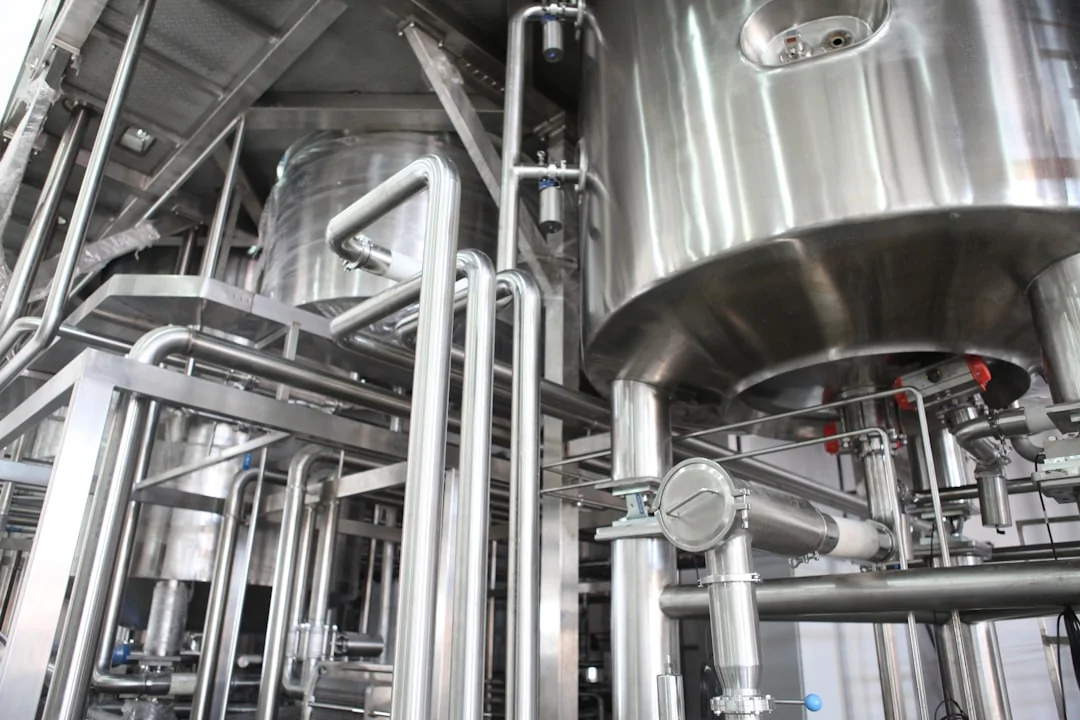
Common Mistakes to Avoid When Partnering with a Fuel and Lubricant Supplier
Choosing the right fuel and lubricant supplier can profoundly impact your business operations. Making the wrong choice could mean higher costs, inferior products, and disruptions in service delivery. Given the stakes involved, it’s crucial to approach this partnership with caution and a clear understanding of common pitfalls. Recognizing potential missteps can help establish a smooth, productive, mutually beneficial relationship with your supplier.
Partnering with an Incompetent Supplier
Partnering with an incompetent supplier can severely disrupt your operations. A supplier lacking technical knowledge, infrastructure, or resources may struggle to meet your business needs. This can lead to frequent delays, incorrect orders, and poor customer support. Such issues affect efficiency and can harm your reputation and bottom line.
Thorough research is essential when selecting a supplier to avoid these risks. If you’re seeking a lubricant supplier for industrial & commercial use, evaluate their expertise and ability to meet your needs. Prioritize those with a strong technical background and reliable customer service. A well-qualified supplier ensures smooth operations and a successful long-term partnership.
Not Assessing Supplier Reputation
Failing to assess a supplier’s reputation is a common mistake that can lead to unreliable partnerships. Without proper research, businesses may work with suppliers who do not meet their quality or reliability standards. Checking customer reviews, conducting background checks, and seeking feedback from other companies can provide valuable insights. A thorough evaluation helps ensure the supplier meets your company’s expectations.
A strong supplier reputation often reflects a history of delivering quality products and dependable service. Partnering with a reputable supplier minimizes risks such as delays, poor communication, and inconsistent deliveries. Investing time in vetting potential suppliers can prevent costly issues down the road. Prioritizing reliability from the start helps build long-term business success.
Ignoring Product Quality Standards
Maintaining product quality is crucial when handling fuel and lubricants. Ignoring industry-specific standards can lead to severe operational issues. Using subpar products accelerates machinery wear, resulting in costly repairs and unexpected downtime. Ensuring compliance with established quality standards helps protect equipment and maintain efficiency.

Poor-quality fuels or lubricants can also reduce equipment performance and increase operational expenses. Inefficient machinery consumes more energy and requires frequent maintenance, driving up costs. Product certifications and quality assurance documentation must always be verified to avoid these issues. Choosing high-quality products safeguards your investment and ensures smooth operations.
Overlooking Compliance and Regulatory Issues
Many businesses overlook the importance of compliance with industry regulations, which are crucial for safety and environmental protection. Industries dealing with chemicals, fuel, and other sensitive materials must follow strict guidelines to avoid risks. Ignoring these regulations can result in severe legal penalties, financial losses, and reputational damage. Ensuring compliance from the start helps businesses operate smoothly and avoid costly mistakes.
Before partnering with a supplier, confirming their understanding and adherence to industry regulations is essential. Conducting due diligence protects your business from potential legal issues and disruptions. A compliant supplier reduces risks and enhances trust and long-term reliability. Prioritizing regulatory compliance fosters a secure and responsible business environment.
Neglecting to Establish Clear Communication
Establishing clear communication can result in misunderstandings and unmet expectations, straining the supplier relationship. Unclear details about delivery schedules, order quantities, and product specifications may lead to delays and frustration. Setting clear expectations ensures both parties are aligned, reducing potential conflicts. A well-defined communication strategy is essential for building a strong and reliable partnership.
Consistent communication also helps identify and resolve issues before they escalate into major problems. Regular check-ins allow for better planning, improving efficiency and coordination between both parties. Proactive updates keep everyone informed, fostering a smoother workflow and minimizing disruptions. Prioritizing open dialogue strengthens trust and enhances the collaboration’s overall success.
Underestimating the Importance of Service Level Agreements (SLAs)
Many businesses overlook the importance of Service-Level Agreements (SLAs) when working with suppliers. These agreements set clear expectations for service delivery, quality, and response times and ensure accountability. Without a well-defined SLA, businesses may struggle to address performance issues effectively. This lack of clarity can lead to misunderstandings, service disruptions, and strained relationships.
Creating a comprehensive SLA helps establish clear benchmarks for suppliers, making it easier to monitor performance. This proactive approach ensures both parties understand their responsibilities, reducing the risk of disputes. A well-structured SLA also enhances transparency, fostering trust and stronger supplier relationships. Ultimately, it provides peace of mind by ensuring consistent service quality and reliability.
A successful partnership with a fuel and lubricant supplier translates into operational efficiency, reduced costs, and enhanced equipment performance. By being mindful of common mistakes, such as assessing supplier reputation, adhering to product quality standards, and establishing clear communication, businesses can position themselves for long-term success in their supply chain collaborations. Making informed decisions promotes a stronger, more beneficial partnership, ultimately enhancing productivity and profitability.



